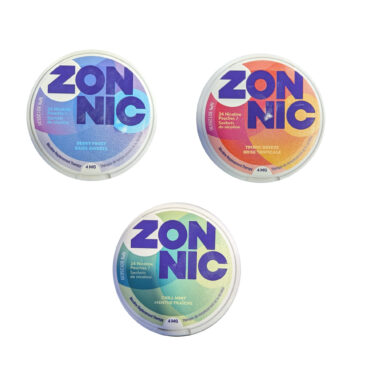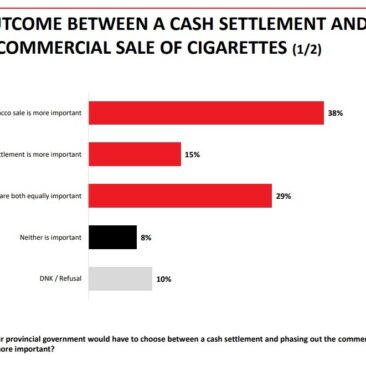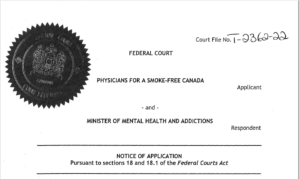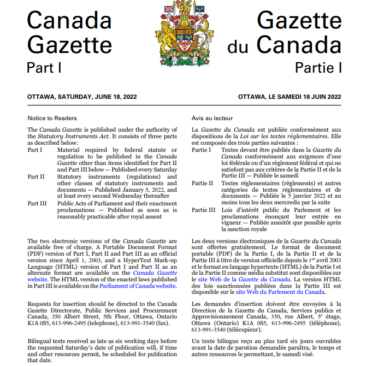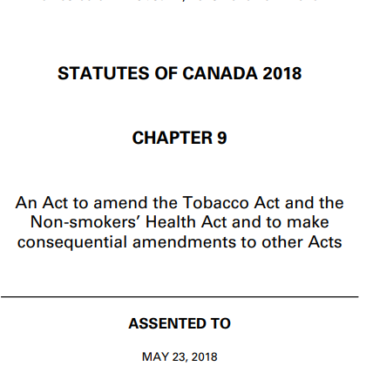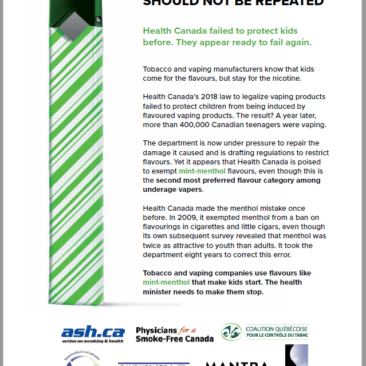On January the 8th, several elements of Israel’s law prohibiting advertising of tobacco and smoking products came into effect. Among these were requirements that tobacco products and smoking products (including e-cigarettes, heat not burn products like IQOS, and non-tobacco products designed for smoking like shisha) be sold in generic packages.
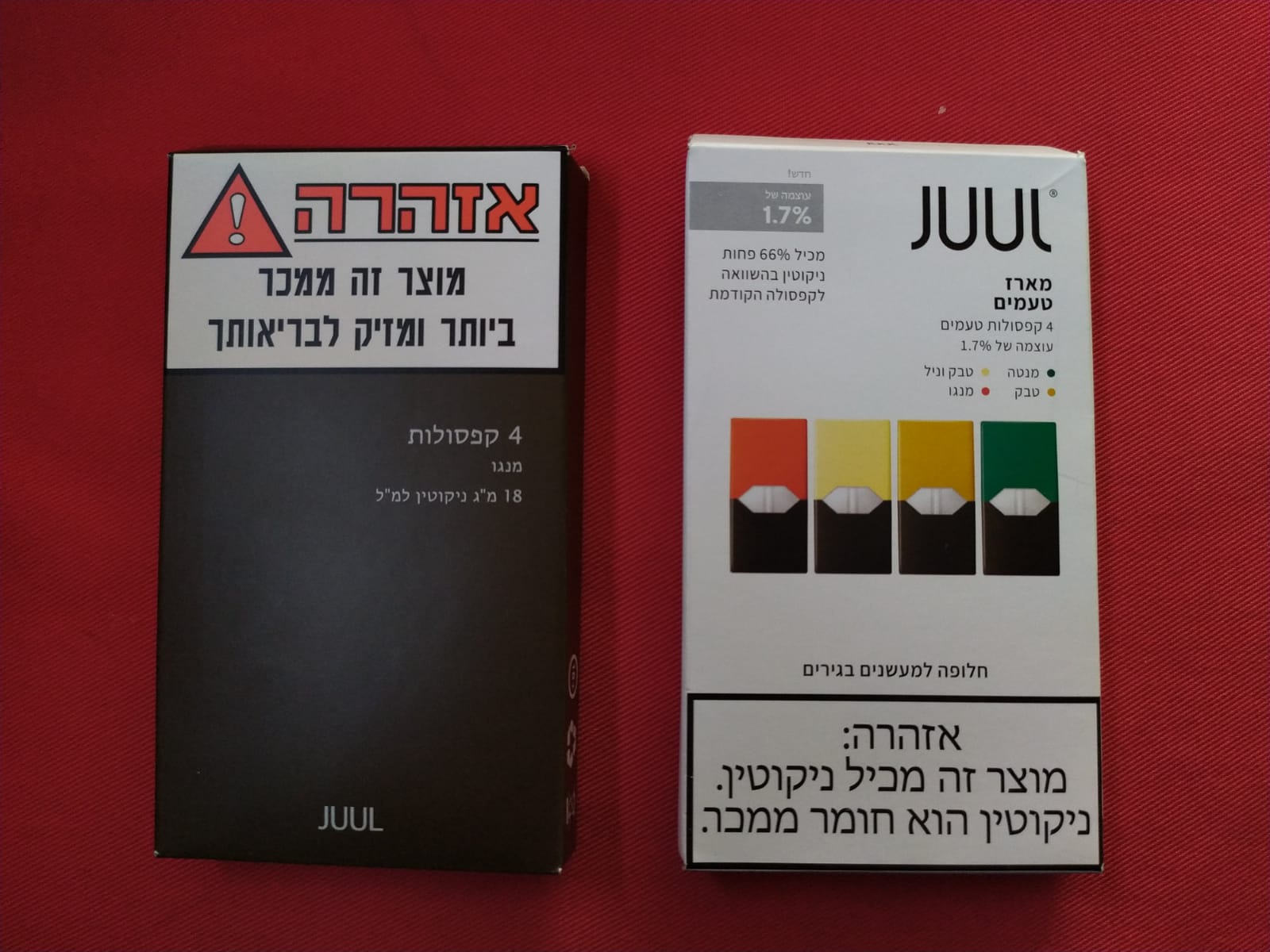 In addition to plain packaging, the new law requires larger health warnings on cigarettes (65%) and on smoking products (30%). In September 2018, shortly after JUUL entered the market, Israel prohibited nicotine concentrations above 20 mg / ml.
In addition to plain packaging, the new law requires larger health warnings on cigarettes (65%) and on smoking products (30%). In September 2018, shortly after JUUL entered the market, Israel prohibited nicotine concentrations above 20 mg / ml.
The picture above, showing a before and after package of JUUL cartridge mix in Israel, is provided with the kind permission of Smoke-Free Israel.
Israel is the first country to require generic packaging of e-cigarettes, although other jurisdictions are proposing to follow suit.
- Last month, the Danish Minister of Health presented a new tobacco control strategy. Among the proposed measures are a general alignment of e-cigarette and tobacco regulation as well as a new requirement for plain packaging of “all tobacco products and e-cigarettes.” (The ministry also proposes to ban e-cigarette flavours, other than tobacco and menthol ).
- The Netherland government is reported as intending to require plain packaging of e-cigarettes by 2022.
- A working group appointed by the Finnish Ministry of Social Affairs recommended plain packaging of e-cigarettes in May 2018.
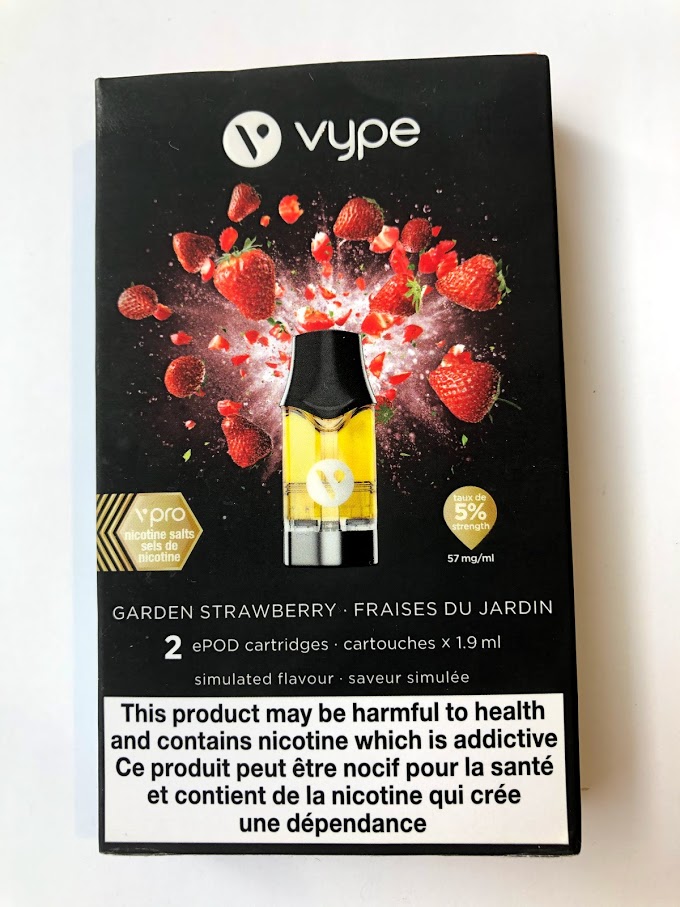 E-cigarettes and liquids sold in Canada are subject to restrictions in the federal Tobacco and Vaping Products Act. As of this summer, this will require warnings and labelling that conform with the new Vaping Products labelling and Packaging Regulations, which were Gazetted on Christmas day. These include a warning that covers 35% of the principal display area.
E-cigarettes and liquids sold in Canada are subject to restrictions in the federal Tobacco and Vaping Products Act. As of this summer, this will require warnings and labelling that conform with the new Vaping Products labelling and Packaging Regulations, which were Gazetted on Christmas day. These include a warning that covers 35% of the principal display area.
The federal law imposes other restrictions on e-cigarette packages. It prohibits designs that suggest that the vaping liquids have banned flavours (i.e. candy or desert), as well as illustrations that “cause a person to believe that the product is flavoured if there are reasonable grounds to believe that the indication or illustration could be appealing to young persons.”
Despite these restrictions, major companies are packaging their vaping liquids in colourful packages with evocative imagery.

